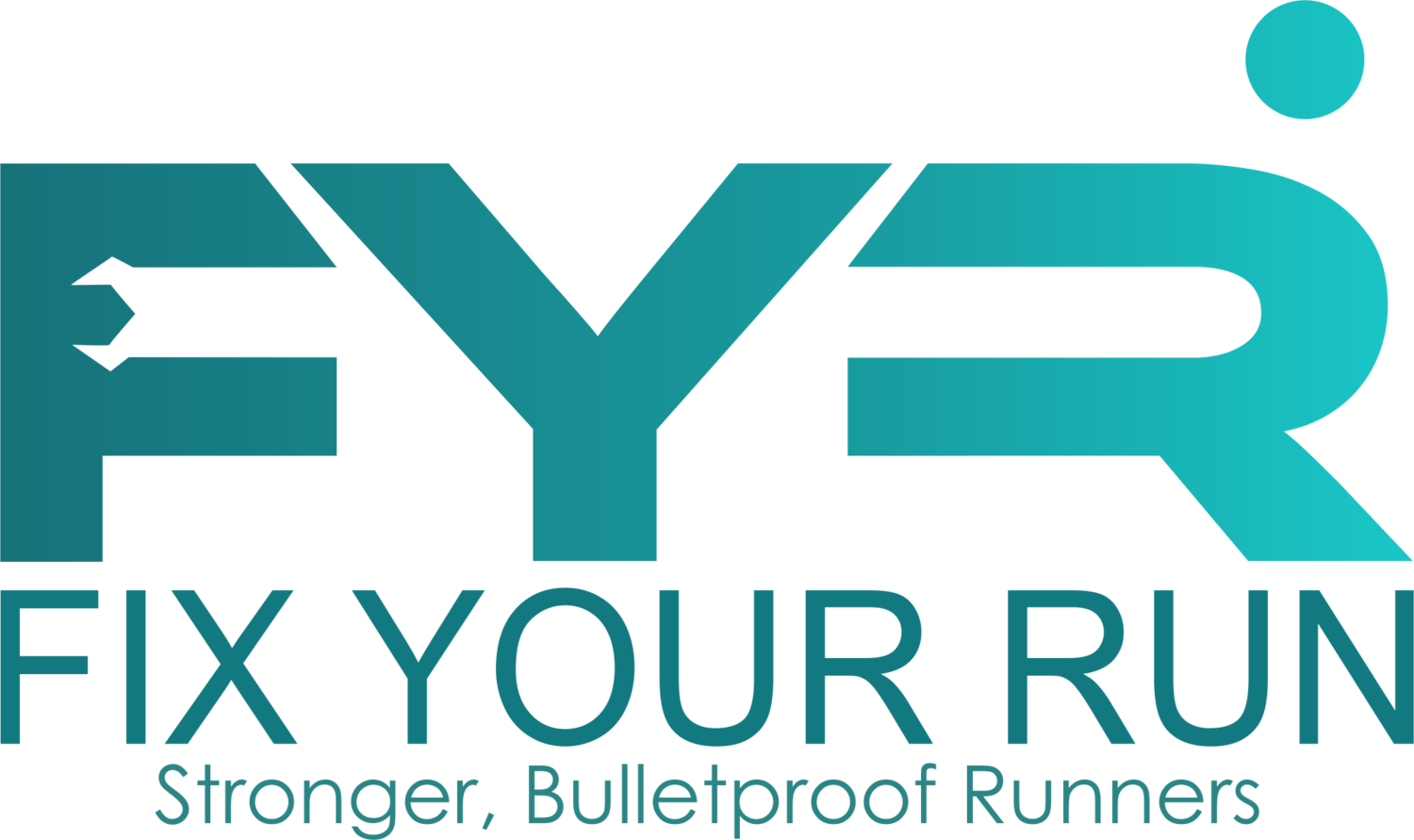When it comes to hydration and hot weather, as French author Voltaire says, "common sense is not so common". Special thanks to Dr. Brandon Eck, sports medicine (non-op) physician at Premier Orthopaedics in Havertown and Chadds Ford, Pennsylvaniafor these excellent tips and helpful reminders (and for reviving my blog)!
Summer is upon us! Here we are counting down to many of this years best races! 5k’s to marathons, even long trail runs during these dog days of summer.
You pack you clothes and shoes, charge your GPS watch, maybe some sunblock and extra socks (just in case) and you’re about to head out the door… that’s when you realize you almost forgot your water bottle!
Usually the last thing on our minds, we mindlessly brush off the notion or grab that empty water bottle. Thoughts of, “oh they’ll have water stations”, or “I’ll grab a bottle at the start line.” we oft forget that the best assurance we have to complete a task is preparedness! And nothing can lead you to falter faster than nutrition. Science tells us that even a 2% reduction in body weight, from water loss, can have a noticeable difference in both physical and mental performance (1).
How much do I need to drink?
There isn’t a one-size-fits-all volume when it comes to hydration. In general, your fluid intake should depend on your sweat rate, or the amount of fluid you’re losing through sweat while exerting energy. Sweat rates vary depending on body size, exercise intensity, and environmental conditions. For example, a smaller person running 7-minute miles in mild conditions might suffice with a half liter but a larger person who is running 9-minute miles in 80-degree heat might need 2-3 liters of water an hour.
How do I know I am drinking enough?
For starters, your urine color could tell you. Clear to pale yellow color means you are well hydrated, while a darker or concentrated yellow is sign of dehydration. However, our bodies can be foolish; often our feeling of thirst will lag behind our needs and even disappear before we are fully hydrated!
To be smart, follow these simple tips to help you on those long runs and race days:
Start hydrating 1-2 hours prior to your run.
Small sips of water over longer periods are better than drinking large amounts in a short period. (Take this into consideration when planning, even carry bottles to sip throughout a race without needing to rely on the aid stations where we tend to want to chug.)
Start sipping before your thirsty on runs longer than 1 hour (30-40 minutes in).
30-60g of carbs is recommended for every hour of running = one 16oz Gatorade® (or alternative of choice!). (2)
Don’t eat or drink anything you didn’t or wouldn’t eat during training on race day!
Food options other than fruit or candy include GU®, Hammer®, Stinger® and Clif® and are all great options.
If you have a sensitive stomach or are a picky eater, try out foods during training runs to ensure you feel good while consuming them.
If you're peeing clear before a race, limit your intake to jut sips as you near run/race time. Over-hydration can lead to the need to urinate during the race!
Avoid alcoholic beverages in the days prior to the race as they can increase urine output and delay optimal rehydration.
Check the weather and plan ahead! Extra layers, extra bottles, sun exposure, even cold conditions all affect how much water and nutrition you need to not only stay warm/cool but propel you to the finish!
Happy and Fast Racing!!!!!!!!!!!!!!
Thank you Dr. Eck for the useful tips and I'll remind everyone that you're an "n=1" which means you'll need to figure out some of this on your own through some trial and error. As Dr. Eck mentions above, there are quite a few variables that come into play. Use these tips as a starting point, adjust based on how you feel, combine with a more conservative mindset, and you'll consistently feel much better in hot conditions.
1 http://www.sportscardiologybc.org/the-effects-of-hydration-on-athletic-performance/


